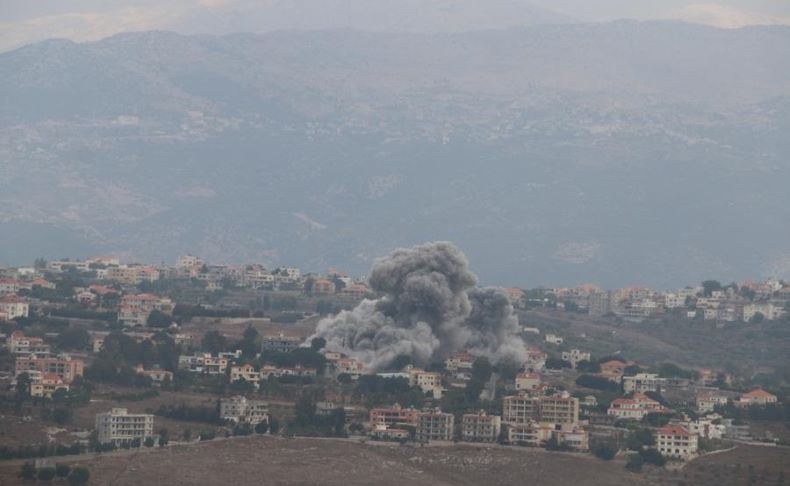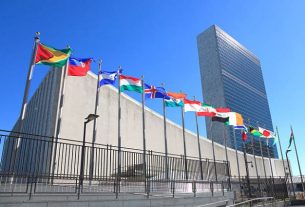According to Media reports: Just days before Israel launched a deadly assault on Lebanon—claiming nearly 500 lives in a single day—U.S. diplomat Amos Hochstein arrived in the region, hoping to prevent the escalating tensions between Hezbollah and Israel from spiraling into open conflict.
Yet, shortly after his arrival, booby-trapped devices linked to Hezbollah detonated across Lebanon, killing and injuring thousands in a strike widely believed to be carried out by Israel. The violence only escalated, culminating in Israeli airstrikes that struck a Beirut suburb, killing a senior Hezbollah commander, along with dozens of civilians, including children.
According to Khaled Elgindy, a senior fellow at the Middle East Institute, the pattern is clear: Israel has repeatedly ignored U.S. warnings without consequence. “For over a year now, Israel has defied every admonition from the Biden administration—boldly and consistently—without repercussions,” Elgindy told Al Jazeera. “It’s a catastrophic failure of U.S. policy on every front—diplomatically, morally, politically.”
Despite President Biden’s public statements emphasizing the need to prevent a regional war, Washington has continued to back Israel with unwavering diplomatic and military support, even as the conflict in Gaza has spilled over into Lebanon. Experts see this as an extension of the war in Gaza, where more than 41,400 Palestinians have been killed so far, and violence shows no sign of abating.
James Zogby, president of the Arab American Institute, condemned the administration for enabling Israeli Prime Minister Benjamin Netanyahu. He suggested that Netanyahu, driven by political survival, is intentionally stalling ceasefire efforts to appease his far-right coalition. “If the Biden administration doesn’t realize this, shame on them. If they do, and let it happen, it’s an even greater disgrace,” Zogby remarked.
With Hezbollah launching attacks on Israel from the north and Israel responding with heavy bombardments, many fear the situation is on the brink of a wider regional war. Zogby added grimly, “There’s no good outcome from here—and it rests squarely on the shoulders of this administration.”
Despite calls for de-escalation, U.S. actions continue to signal implicit approval of Israel’s military strategy. Notably, when a series of explosions killed and injured thousands in Lebanon, the U.S. remained silent on Israel’s likely involvement, even as legal experts pointed to violations of international humanitarian law.
For some, this silence underscores a deeper issue. Elgindy argues that Washington is unwilling to rein in Israel, choosing instead to redefine what constitutes “escalation” to fit the narrative. “The U.S. is the only actor with real leverage over Israel, yet it refuses to use it,” he said. “They won’t intervene on humanitarian grounds, won’t push for a ceasefire, and now, they won’t act to prevent regional war. They just keep moving the goalposts.”
The disparity in how the U.S. responds to violence, based on who the victims are, is glaring, Zogby concluded. “If 500 Israelis had been killed in one day, there would be no question that this was a war. But the lives of Arabs and Israelis just don’t weigh the same in Washington’s eyes.”





